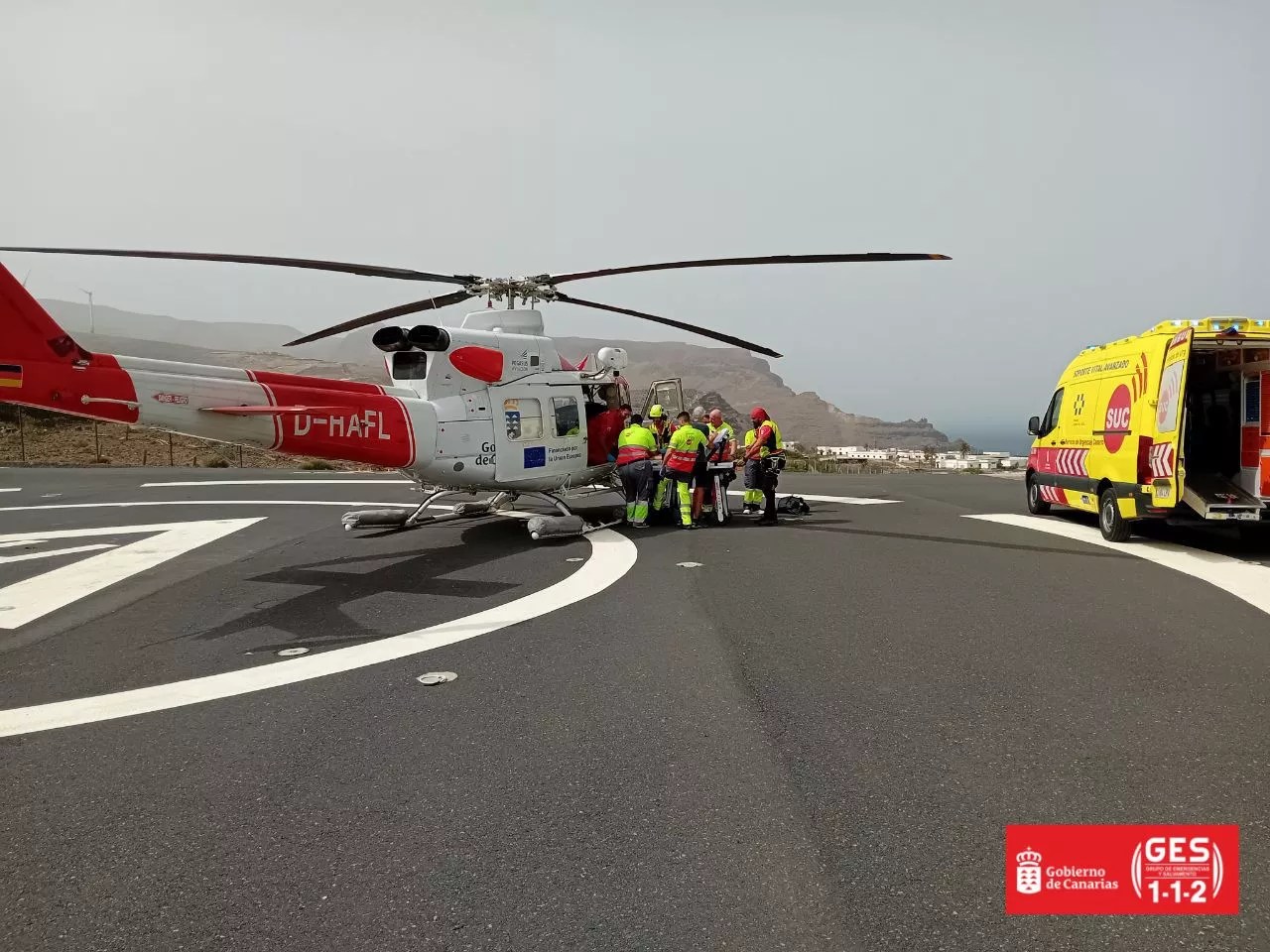
The mayor, Olivia Delgado, argues that the proposed project lacks justification and is a disguised expansion of the Granadilla port
ARICO (TENERIFE), 7th March (EUROPA PRESS) –
Arico City Council has filed a total of 93 allegations against the offshore wind farm construction project in the southern part of the island affecting the villages of Tajao, Las Maretas, La Caleta, and Las Arenas.
The mayor, Olivia Delgado; the first deputy mayor and Councilor for Urban Planning, Andrés Martínez; the Councilor for Works and Service, Ariam Álvarez; the third deputy mayor, Eudelia Pestano; the fourth deputy mayor, Agustín Tejera; and the manager of the Tajao Fishermen’s Guild, Francisco Javier García, presented the details in a press conference.
After analysing the environmental assessment conducted by the developer, the City Council conducted a study consisting of 1,500 pages and 15 annexes, concluding that the offshore wind project would have a “multidimensional impact”, neglecting crucial aspects.
Delgado highlights that Arico would bear the brunt of the environmental impact of the project, affecting the population, physical, biotic, socioeconomic, cultural, and landscape environment. She points out that the evaluation only considers impacts on Granadilla municipality, ignoring the significant impact on Tajao, La Caleta, Las Arenas, and Las Maretas due to the placement of wind turbines and evacuation lines along Arico’s coast.
“We believe this project lacks technical and environmental justification. The study fails to analyse alternatives,” the mayor denounced.
Furthermore, the project includes placing wind turbines near the Arican coast, areas not covered in the Maritime Space Management Plans (POEM). Arico is the only Spanish territory not included in the POEM.
“The offshore wind farm project is essentially an unapproved expansion of the Granadilla port,” reiterated the socialist councilor.
The Council’s opposition directly concerns the environmental impact as “the project entails sinking 225,000 kilos of tires to protect the structure, contributing to 28% of the plastic released into the oceans annually, detrimental to fishing activities, restaurants, tourism, and marine life along the municipality’s coastline, especially affecting the seagrass beds due to the proposed evacuation lines,” they stated.
40-Meter Platforms
First deputy mayor, Andrés Martínez, added, “The installation of 40-meter platforms as part of the project will further harm the ecosystem, sectors, and the municipality’s productive fabric.”
“We collaborated with a prominent environmental technician to present these 93 allegations regarding the disregarded environmental impacts of the project. We have conveyed our firm rejection of the wind farm project to the Department of Ecological Transition and the Energy Director,” said the mayor.
Expressing optimism in halting the project, they await mandatory reports to be submitted to the Ministry for the Ecological Transition, citing concerns.
Francisco Javier García, manager of the Tajao Fishermen’s Guild, supports the local government’s protests, emphasising that adaptation should be from new initiatives to the environment, not vice versa, especially when dealing with projects that are “highly detrimental” to the marine ecosystem.
As a result, the local government urges the dismissal of actions seeking administrative approval for the project.
Furthermore, should the environmental evaluation process continue, the council demands the involvement of the environmental and sectoral bodies of the Canary Islands Government and the relevant state environmental organisations.
They also call for consideration of the cumulative and synergistic effects of erecting wind turbines in the Port of Granadilla, along with the stance on the port’s expansion, as outlined in the environmental study, according to a statement from the City Council.
















